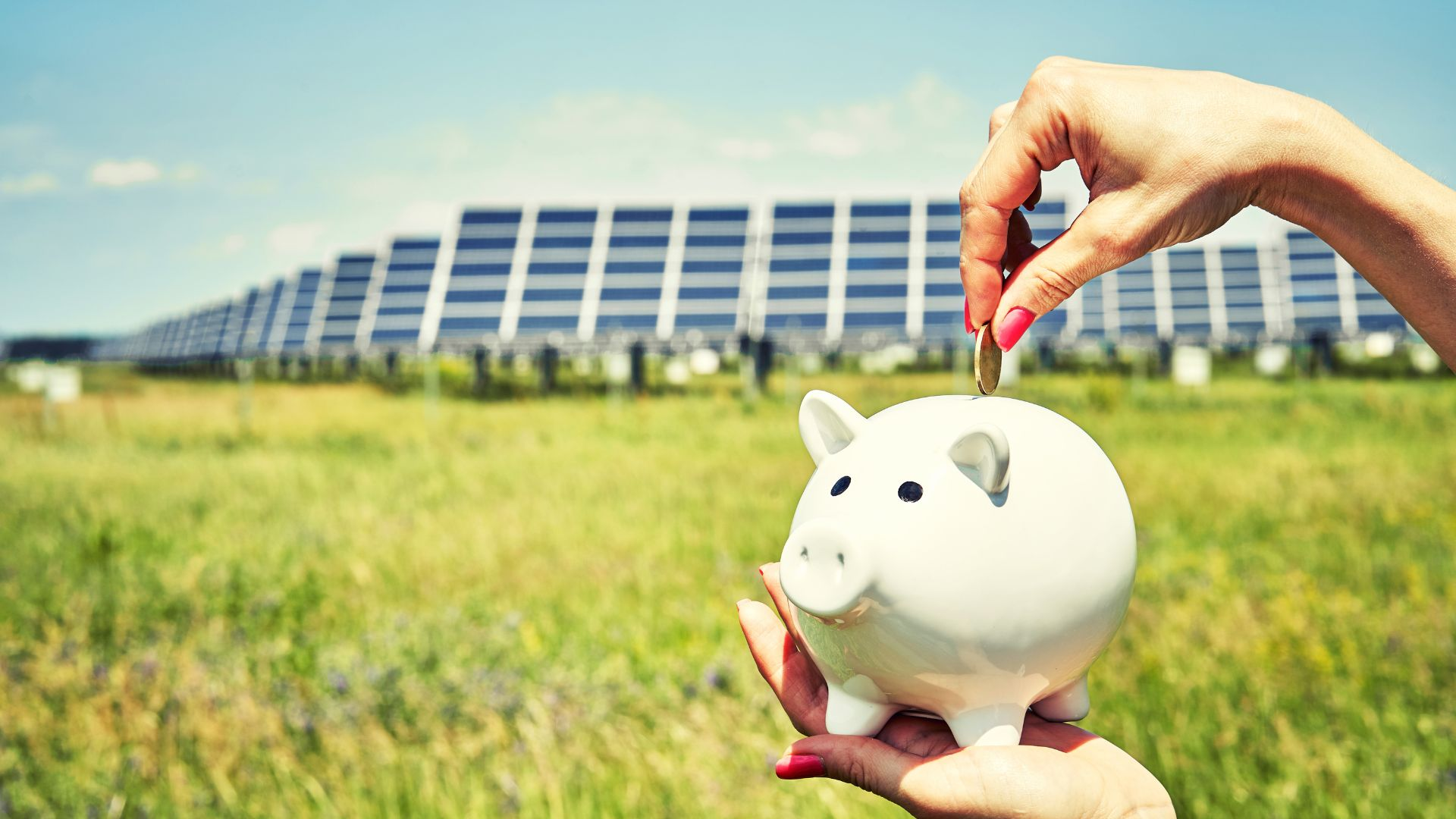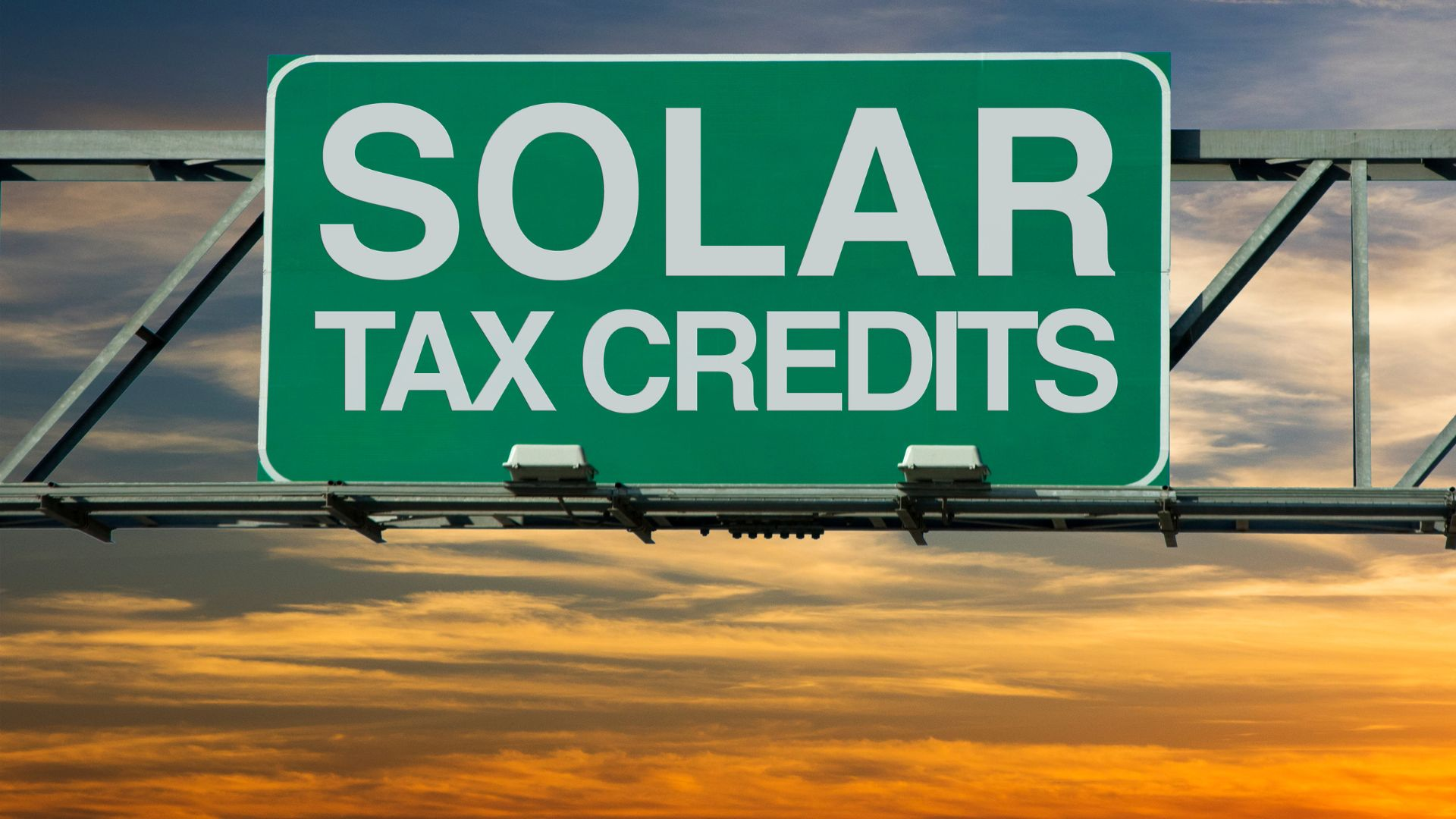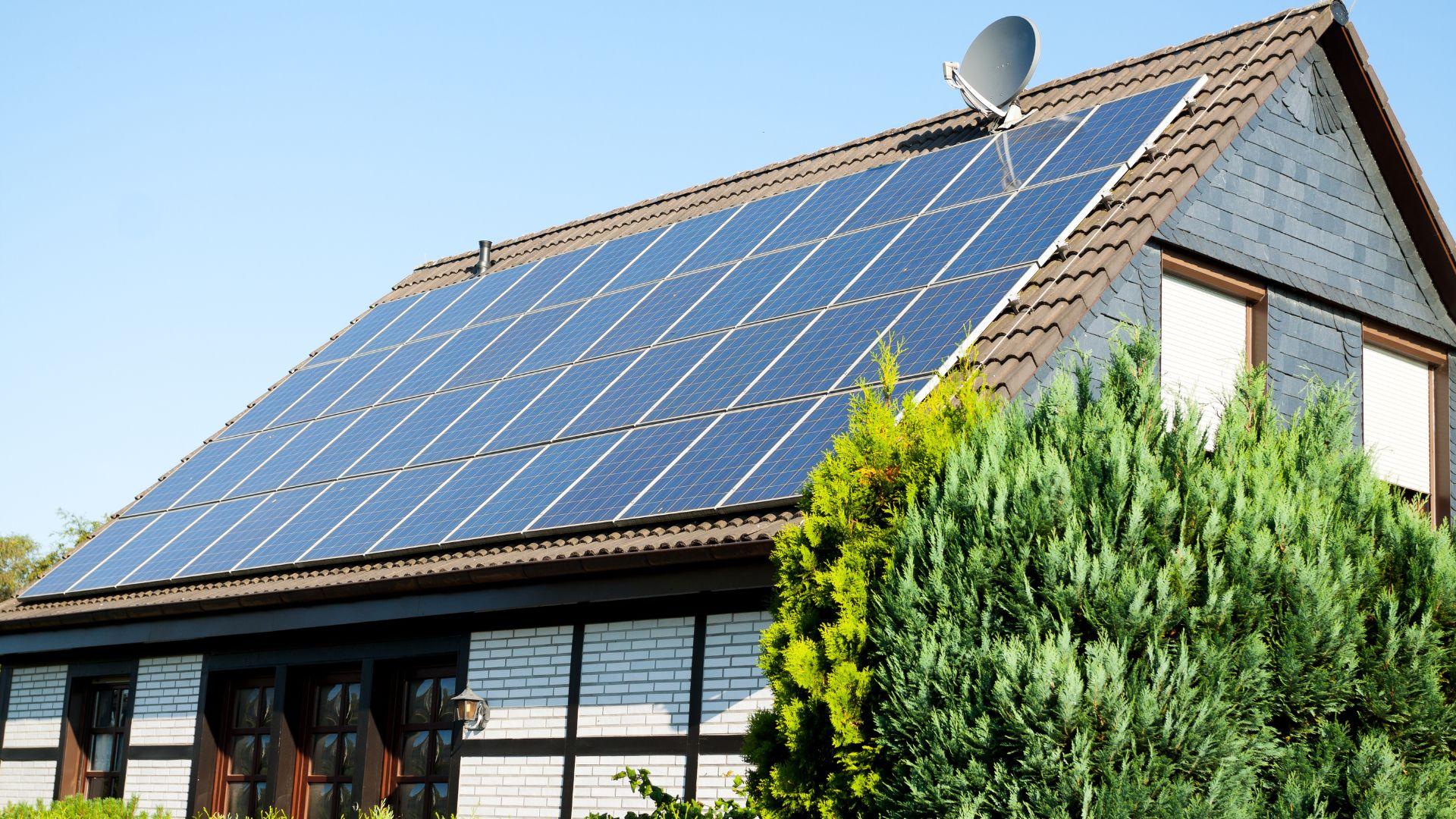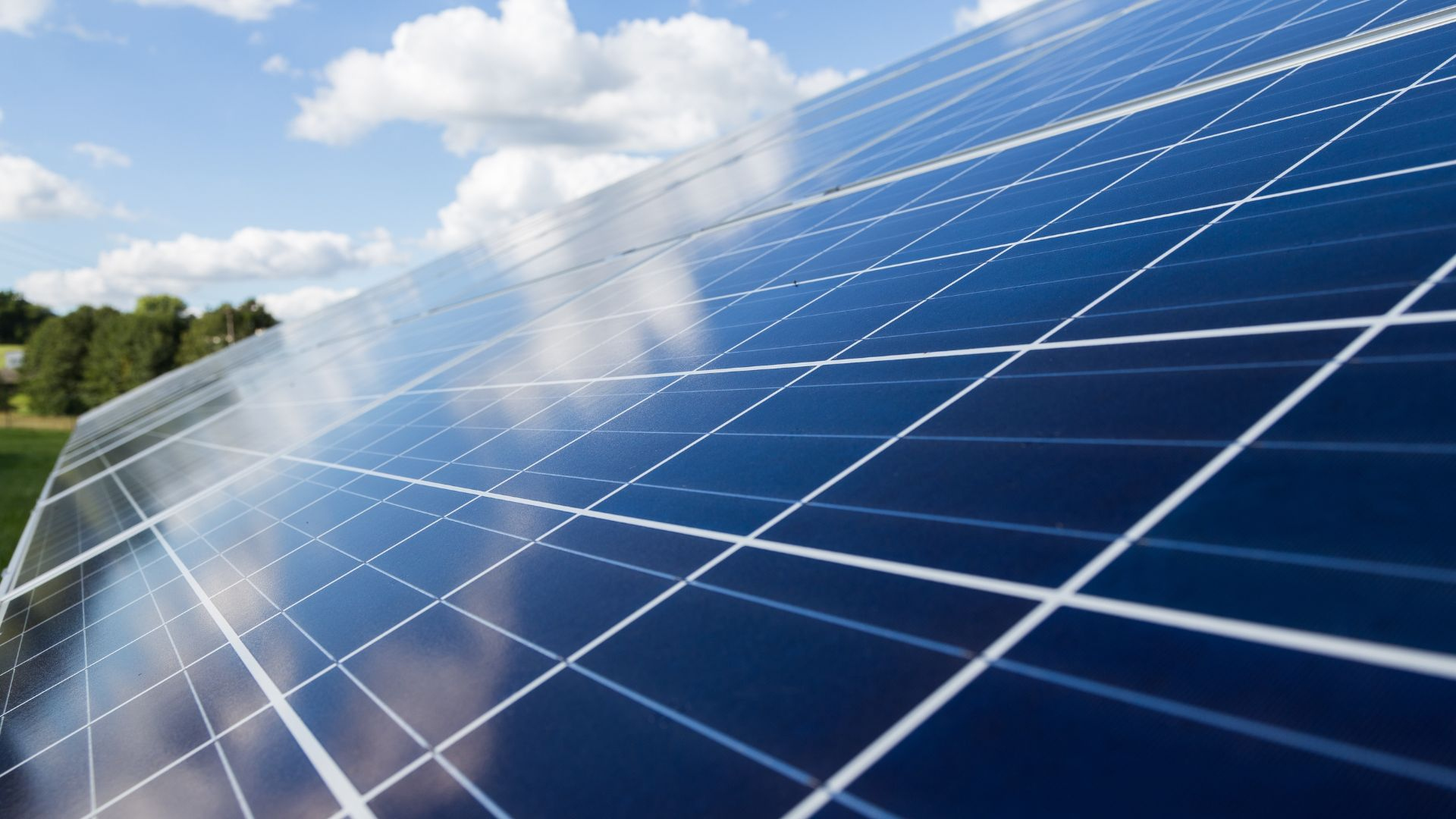Solar energy is quickly becoming one of the most popular forms of renewable energy, and with good reason. Installing solar panels on your home or business can lead to numerous benefits, including reduced energy costs, increased property value, and a smaller carbon footprint. In this article, we’ll explore why you should go solar and delve into the numerous reasons to make the switch to a solar energy system.
Save Money on Energy Costs with Solar

One of the primary reasons to consider transitioning to solar energy is the potential for significant savings on your energy bills. By installing solar panels on your home or business, you tap into a renewable and abundant energy source – the sun. This allows you to generate clean, free power, consequently reducing your electricity bills and your dependence on electricity from your local utility company.
There are several factors that contribute to the financial benefits of going solar:
-
Lower electricity costs: Solar power reduces reliance on grid electricity, resulting in lower costs.
-
Net metering: Excess electricity generated can be sent back to the grid for credits on energy bills.
-
Energy independence: Solar panels provide long-term savings and protection against volatile energy prices.
-
Incentives and tax credits: Governments offer financial incentives to reduce upfront solar installation costs.
-
Increased property value: Solar panels can increase the value of homes and businesses.
-
Long-term savings: Savings from solar panels can accumulate over their 25-30 year lifespan.
-
Environmental benefits: Solar energy contributes to reducing greenhouse gas emissions and promoting sustainability.
Reduce Your Carbon Footprint by Switching to Solar Energy

Choosing a solar energy system promotes a sustainable lifestyle by reducing your carbon footprint and reliance on fossil fuels. Solar power combats environmental challenges like global warming and climate change, fostering a cleaner future. As a renewable resource, solar energy has minimal environmental impact and contributes to a healthier environment.
Advancements in solar technology have made photovoltaic systems more cost-effective, leading to increased adoption by households and businesses. This adoption supports green job growth and stimulates the economy, demonstrating a commitment to a sustainable future. By incorporating solar energy into your daily life, you invest in both your financial well-being and the health of our planet.
Increase Your Property Value by Adding Solar Panels

Installing solar panels on your home offers immediate energy cost savings and increases property value. Solar energy systems appeal to prospective homebuyers due to their environmental and financial benefits, making homes with solar panels more desirable and valuable.
Solar panels signify sustainability, energy efficiency, and lower utility bills, attracting environmentally conscious and financially savvy buyers. Additionally, they future-proof your property against rising energy costs. Adopting residential solar power contributes to global efforts in reducing greenhouse gas emissions and transitioning to sustainable energy. By installing solar panels, you enhance your home’s market appeal while supporting clean and renewable energy sources.Take Advantage of Tax Incentives and Rebates

The residential solar energy industry has experienced significant growth in recent years, driven by numerous tax incentives and rebates from federal, state, and local governments. These incentives, such as the solar investment tax credit (ITC), make solar energy systems more accessible and financially appealing to homeowners, businesses, and communities. In addition, many states and localities offer their own incentives, such as net metering programs, grants, and tax exemptions, which further reduce the upfront costs of solar panel installation, making solar power more attractive and affordable for a wider range of consumers.
This combination of incentives and the increasing affordability of solar technology has accelerated the expansion of the solar industry. As more people embrace solar energy, the solar solution industry continues to innovate, developing even more efficient and cost-effective solutions. This positive feedback loop bolsters solar power’s role in the global transition towards clean, renewable energy and a more sustainable future, making it an ideal choice for those looking to adopt an environmentally friendly and financially sound energy solution.
Secure Energy Independence with Solar

Installing solar panels on your property allows you to generate your own clean, renewable energy, reducing reliance on utility companies and providing increased control over monthly expenses. Solar energy systems contribute significantly to meeting daily energy needs, offering protection against rate fluctuations and volatile energy prices. Furthermore, solar panels promote long-term financial stability by locking in energy costs for their 25 to 30-year lifespan, allowing for better financial planning and resource allocation.
By choosing solar energy, you invest in a sustainable, economically viable future for yourself and your community. The independence, financial benefits, and minimal maintenance associated with solar power make it an increasingly popular choice for homeowners and businesses. As solar technology continues to advance and become more efficient, the return on initial investment for solar energy systems grows even more attractive, further solidifying the case for going solar and embracing a cleaner, greener energy future.
Improve Grid Stability and Reduce Power Outages

Solar energy systems contribute to the stability and resilience of the electrical grid by offering a decentralized and diverse source of power generation. As more homes and businesses adopt solar power, the grid becomes less reliant on large, centralized power plants, which are often fueled by nonrenewable energy sources. This distributed approach to power generation enhances the grid’s ability to handle fluctuations in demand, particularly during peak usage times when the risk of power outages and brownouts is highest. By easing the burden on the grid, solar energy helps maintain a reliable and consistent supply of electricity for all consumers.
The integration of battery storage solutions with solar panel systems further strengthens the electrical grid’s stability. These storage systems enable homeowners and businesses to store excess solar-generated electricity for later use, providing a reliable backup during power outages or periods of high energy consumption. By having access to stored energy, these solar panel system owners can reduce their dependence on the grid even further and ensure a continuous power supply during unexpected disruptions. Battery storage technology also allows for greater flexibility in managing energy consumption, enabling users to draw on stored power during peak demand periods, when electricity prices are often highest.
Support Local Solar Companies and Job Growth

When you make the decision to go solar, you’re not only investing in a sustainable and cost-effective energy solution for your home or business, but you’re also contributing to the growth of the local solar industry. As demand for solar energy systems increases, so does the need for skilled professionals in the field, including solar panel installers, designers, manufacturers, sales representatives, and maintenance personnel. By choosing solar energy, you’re directly supporting the creation tens of thousands of green jobs, which in turn benefits local economies and communities across the country.
Moreover, the expansion of the solar industry has a ripple effect on other sectors of the economy, as it drives innovation and creates new opportunities for businesses involved in the production, distribution, and maintenance of solar cells and energy systems. This growth also encourages investment in research and development, leading to advancements in solar technology and more efficient, cost-effective solutions for consumers. As a result, the solar industry becomes more competitive, which can help accelerate the global transition to clean, renewable energy sources.
Reduce Your Energy Consumption

Solar panels harness the power of sunlight, an abundant and renewable resource, to generate electricity for homes and businesses. By using solar batteries and transitioning to a solar power system, you actively reduce your overall energy consumption and dependence on nonrenewable energy sources, such as fossil fuels and natural gas. This shift not only aids in the conservation of finite resources but also mitigates the environmental impact associated with their extraction, transportation, and consumption.
The process of extracting, refining, and burning fossil fuels contributes to air and water pollution, habitat destruction, and greenhouse gas emissions, which drive climate change. By adopting solar energy as an alternative, you help reduce the demand for fossil fuels, subsequently decreasing their adverse effects on the environment. Solar power generation produces excess energy with minimal greenhouse gas emissions and pollution, making it a cleaner and more eco-friendly choice. Additionally, solar energy systems require little water for operation, unlike traditional power plants, which consume vast amounts of water for cooling purposes.
Protect Yourself Against Inflation

Investing in a solar energy system helps mitigate the effects of inflation on energy costs, providing financial stability and predictability. Generating your own power with solar panels reduces reliance on utility companies and their fluctuating rates, insulating you from energy price volatility. Solar panels, with their typical lifespan of 25 to 30 years, offer long-term savings by locking in energy costs, allowing for better financial planning, monthly savings and resource allocation.
As the solar industry advances and solar technology efficiency improves, the return on investment for solar energy systems becomes even more attractive to average homeowner, potentially resulting in a faster payback period and increased long-term savings. Opting for solar energy not only makes an environmentally friendly choice but also a financially sound decision, protecting you from the effects of inflation and securing a more predictable and manageable energy budget for years to come
Benefit from Technological Advancements in Solar

Solar panels are indeed renowned for their durability and longevity, with a lifespan typically ranging between 25 to 30 years or more. This is largely due to their robust construction and the absence of moving parts, which minimizes the likelihood of mechanical wear and tear. As a result, solar panels require very little maintenance, making them a reliable and hassle-free source of clean energy for most homeowners, and businesses alike.
Aside from occasional cleaning to remove dust and debris, which can hinder solar panel efficiency, solar energy systems are generally low-maintenance and capable of withstanding various weather conditions. This low maintenance requirement translates to lower ongoing costs, adding to the overall financial benefits of solar energy. Moreover, the long lifespan of solar panels ensures that you can capitalize on the associated tax benefits of solar electricity, such as the solar investment tax credit (ITC), as well as enjoy long-term peace of mind knowing that you have a dependable source of clean energy.
Contribute to a Sustainable Future

When you choose to install solar panels and adopt renewable energy, you are actively participating in the global movement towards a more sustainable future for our planet. Solar energy plays a crucial role in mitigating the effects of climate change, as it is a clean, environmentally friendly alternative to traditional fossil fuel-based power sources. As more individuals, businesses, and communities make the switch to a solar system, the collective demand for fossil fuels declines, leading to a reduction in greenhouse gas emissions and a slowdown in the progression of global warming.
Furthermore, the growing popularity of solar energy has a positive impact on innovation and technological advancements within the renewable energy sector. As the solar industry continues to expand, it drives research and development efforts to improve the efficiency and affordability of solar technology. This, in turn, accelerates the global transition towards clean, renewable energy sources, resulting in a cleaner, greener world for future generations. The more people embrace solar energy, the greater the impact will be on reducing our collective carbon footprint and fostering a sustainable energy future.
Why You Should Go Solar

There are countless reasons to go solar, from saving money on your energy bills and increasing your property value to reducing your carbon footprint and supporting local job growth. With the many advantages that solar power systems offer, it’s no wonder that more and more homeowners and businesses are choosing to make the switch. By investing in a solar energy system, you can enjoy long-term savings, greater energy independence, and the satisfaction of knowing you’re contributing to a more sustainable future. So, why wait? Start exploring your own solar installation options today and experience the numerous benefits that solar energy has to offer.







